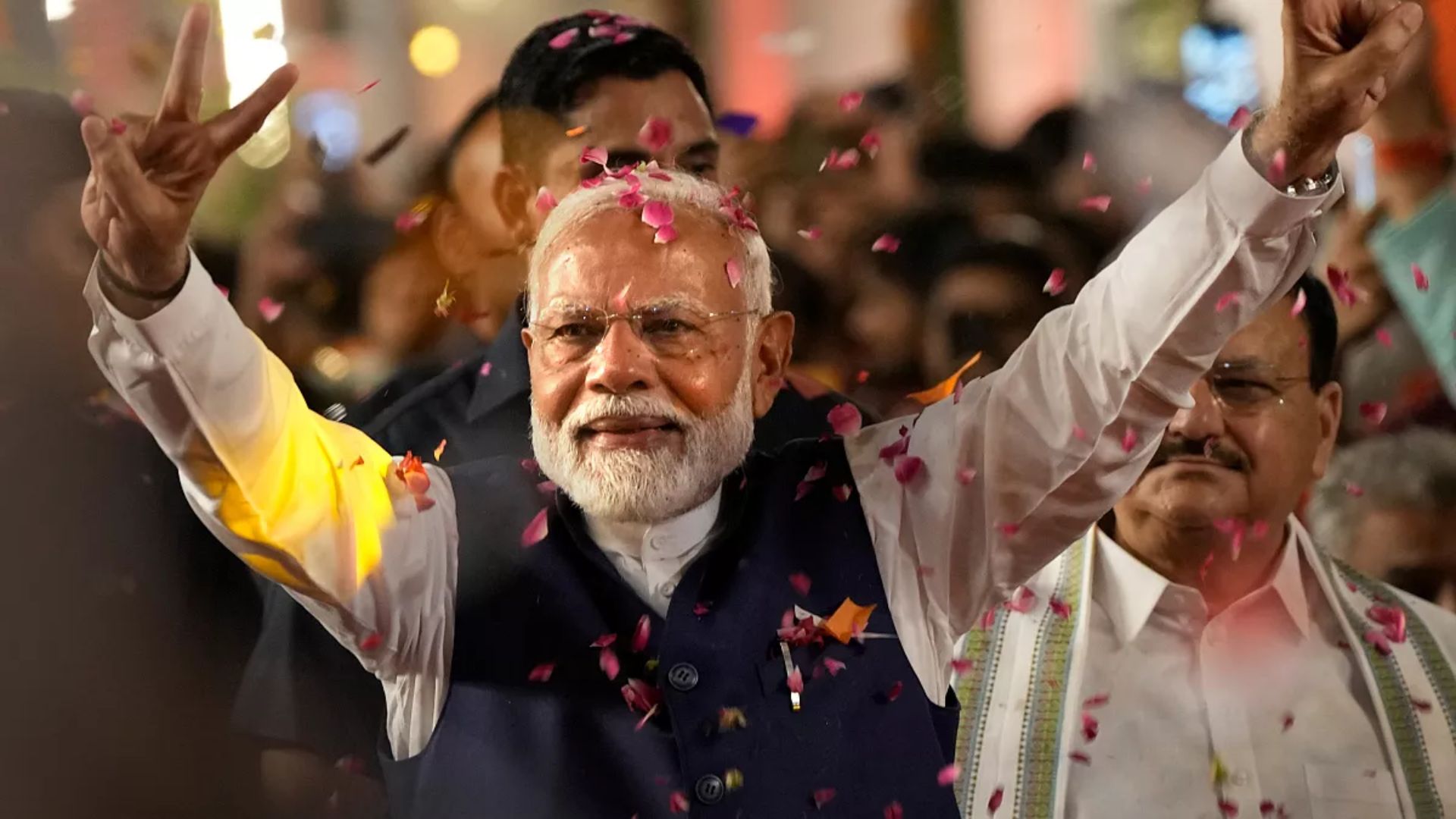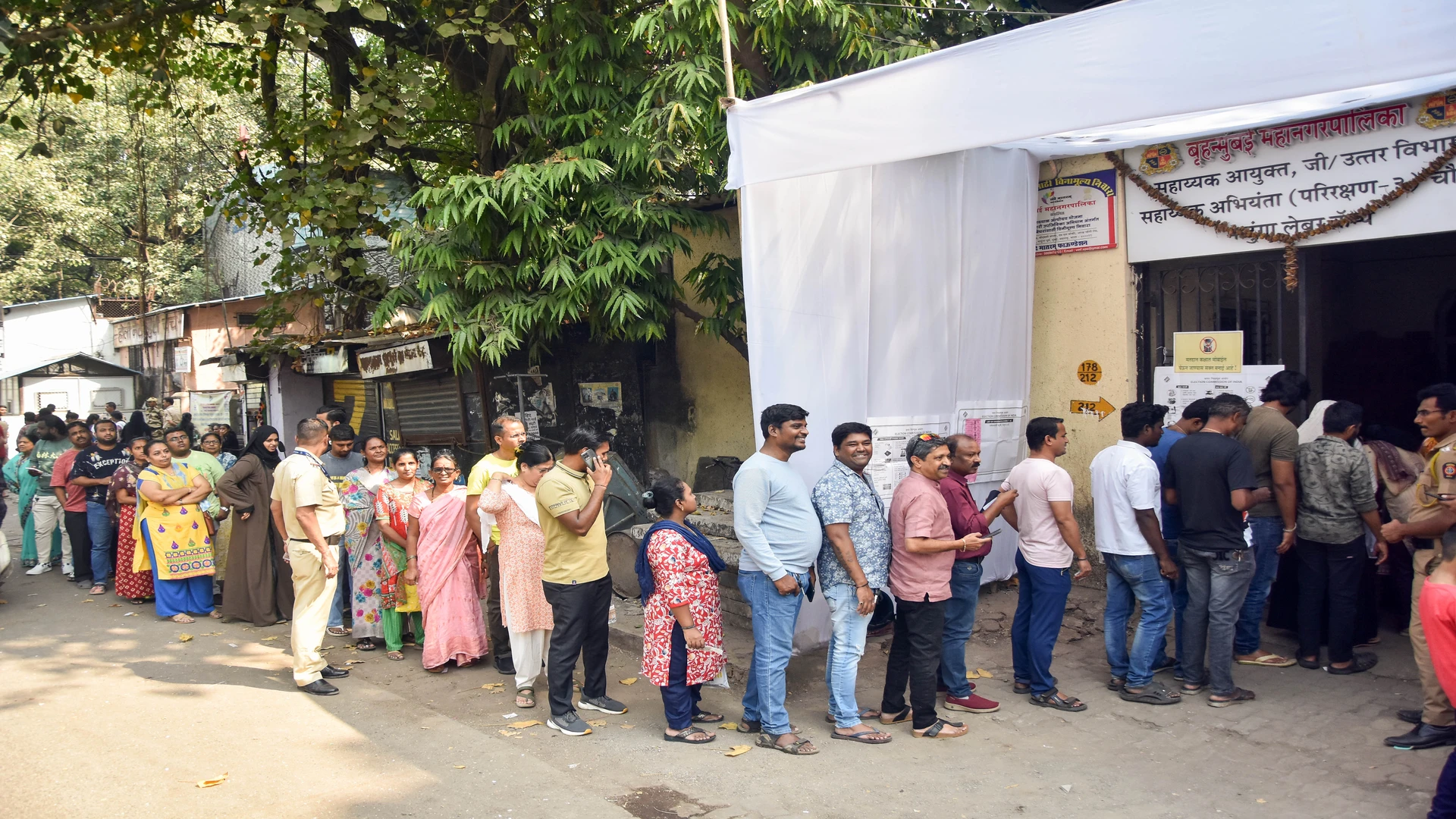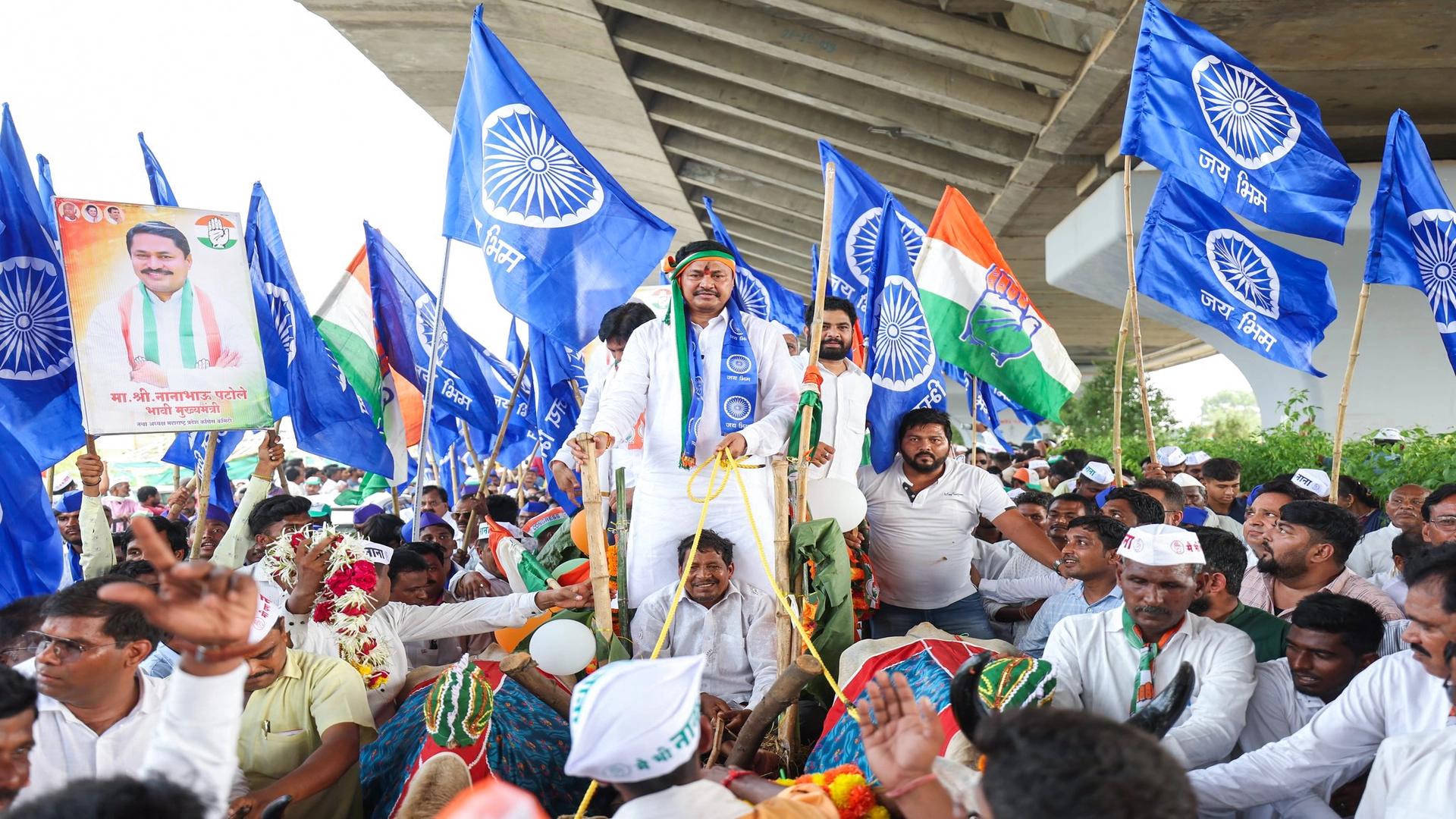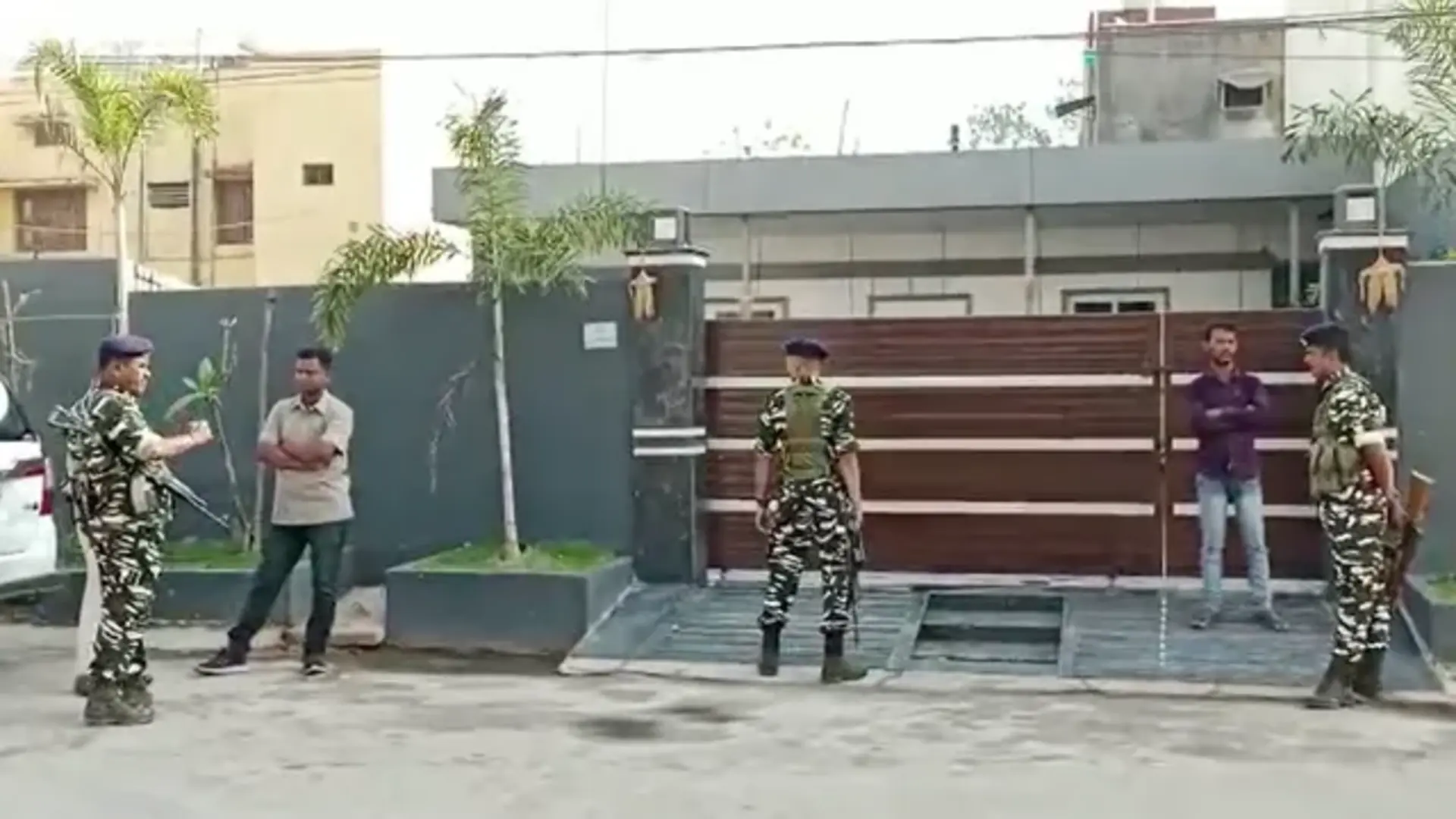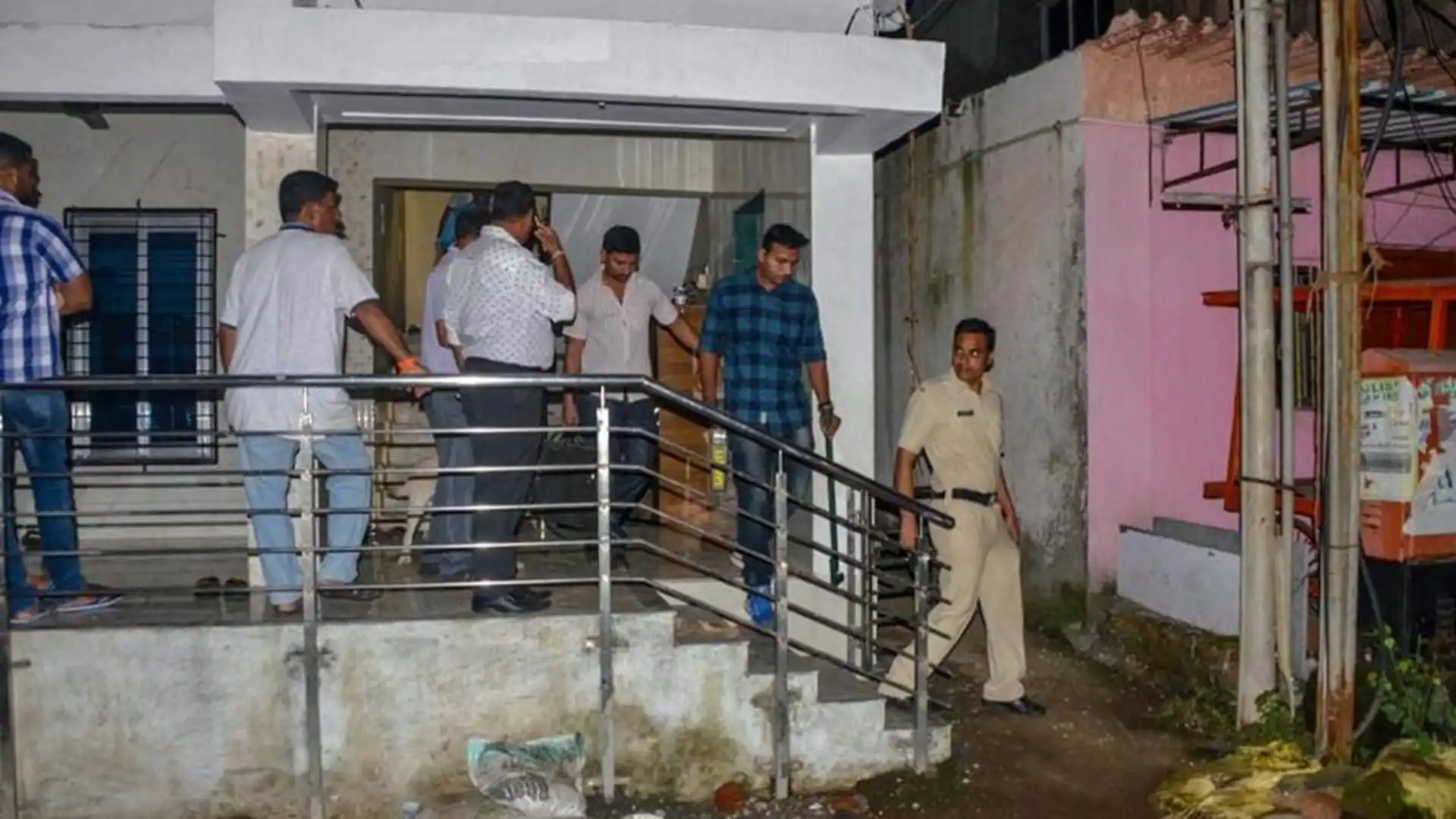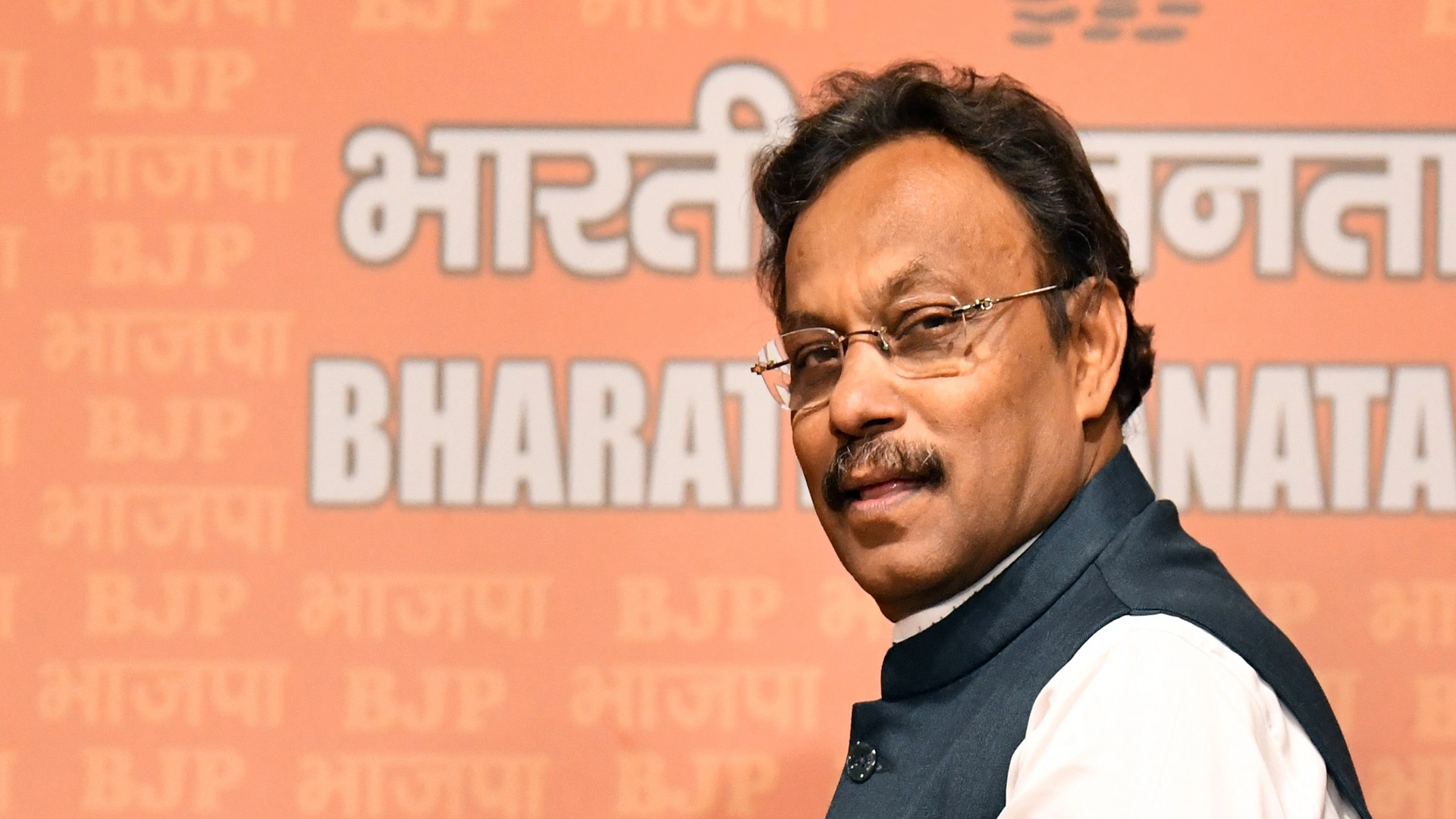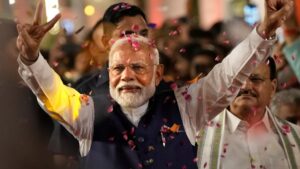Prime Minister Narendra Modi and BJP national president JP Nadda greeted supporters at the party headquarters following the Lok Sabha election results. Modi has secured a third consecutive term, but this time he faces the challenge of running a coalition government. The BJP is now dependent on key allies like the TDP with 16 seats and the JD(U) with 12 seats.
Despite the BJP’s tally dropping from 303 seats in 2019 to 240 seats in 2024, the pre-poll National Democratic Alliance (NDA) comfortably crossed the majority mark of 272 seats. The BJP retained its vote share of nearly 37% from 2019. This third term for Modi is historic, as he achieved it despite facing opposition from over two dozen parties.
In his victory speech, Modi highlighted the BJP’s sweeping victories in Delhi, Madhya Pradesh, Uttarakhand, and Himachal Pradesh, stating, “After 1962, a government has won a third consecutive term in the country… BJP has won more seats than the entire opposition alliance together.”
However, Modi now faces the challenge of managing a coalition government. The BJP must work closely with the TDP and JD(U), both of whom have previously parted ways with the BJP. Modi credited Chandrababu Naidu and Nitish Kumar for their roles in securing wins for the NDA in their respective states.
Modi, known for leading full-majority BJP governments both as Chief Minister of Gujarat and as Prime Minister since 2014, must now adopt a more inclusive approach reminiscent of the Atal Bihari Vajpayee era. Questions remain about the BJP’s ability to roll out its mega agenda for a third term, including the Uniform Civil Code and One Nation-One Election.
The BJP has other allies as well, including Chirag Paswan with five seats, Eknath Shinde with seven seats, and additional support from parties like HAM, JDS, AGP, and Janasena.
Despite the coalition challenge, Modi remains a leader with high credibility, trusted deeply by rural India to solve their problems. Modi’s pro-poor initiatives, such as PM Awas Yojana, toilets, electricity, drinking water, gas cylinders, and free rations, have cemented his image as a saviour of the poor, especially women.
Modi’s extension of the free ration scheme until 2029 and a significant cut in LPG cylinder prices before the elections were strategic moves that solidified his support among women voters. Many rural women expressed their loyalty to Modi, citing his efforts to alleviate hunger and provide essential services.
The Election Commission of India reported a record 312 million voters participated in these elections, demonstrating strong engagement from the electorate.
As Modi embarks on his third term, he faces the dual challenge of maintaining coalition harmony and continuing to deliver on his promises to the people.

